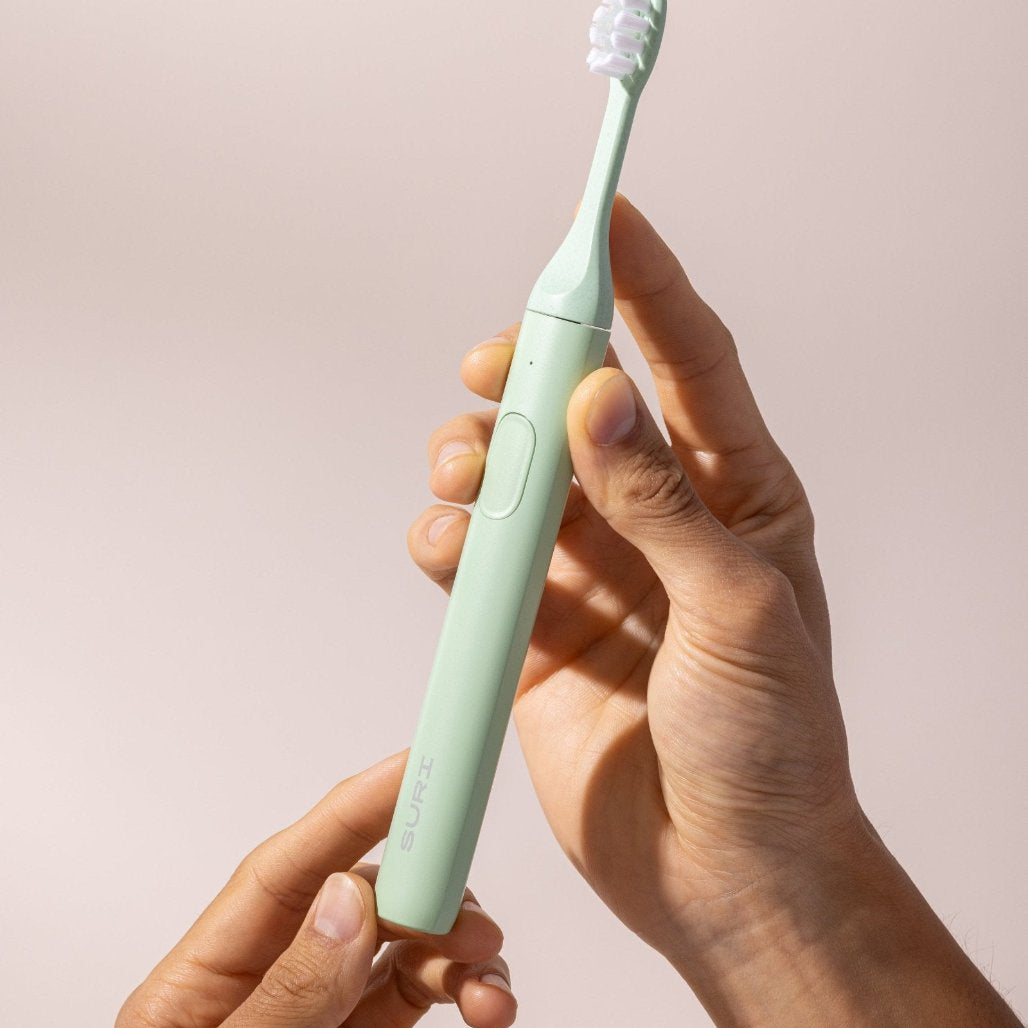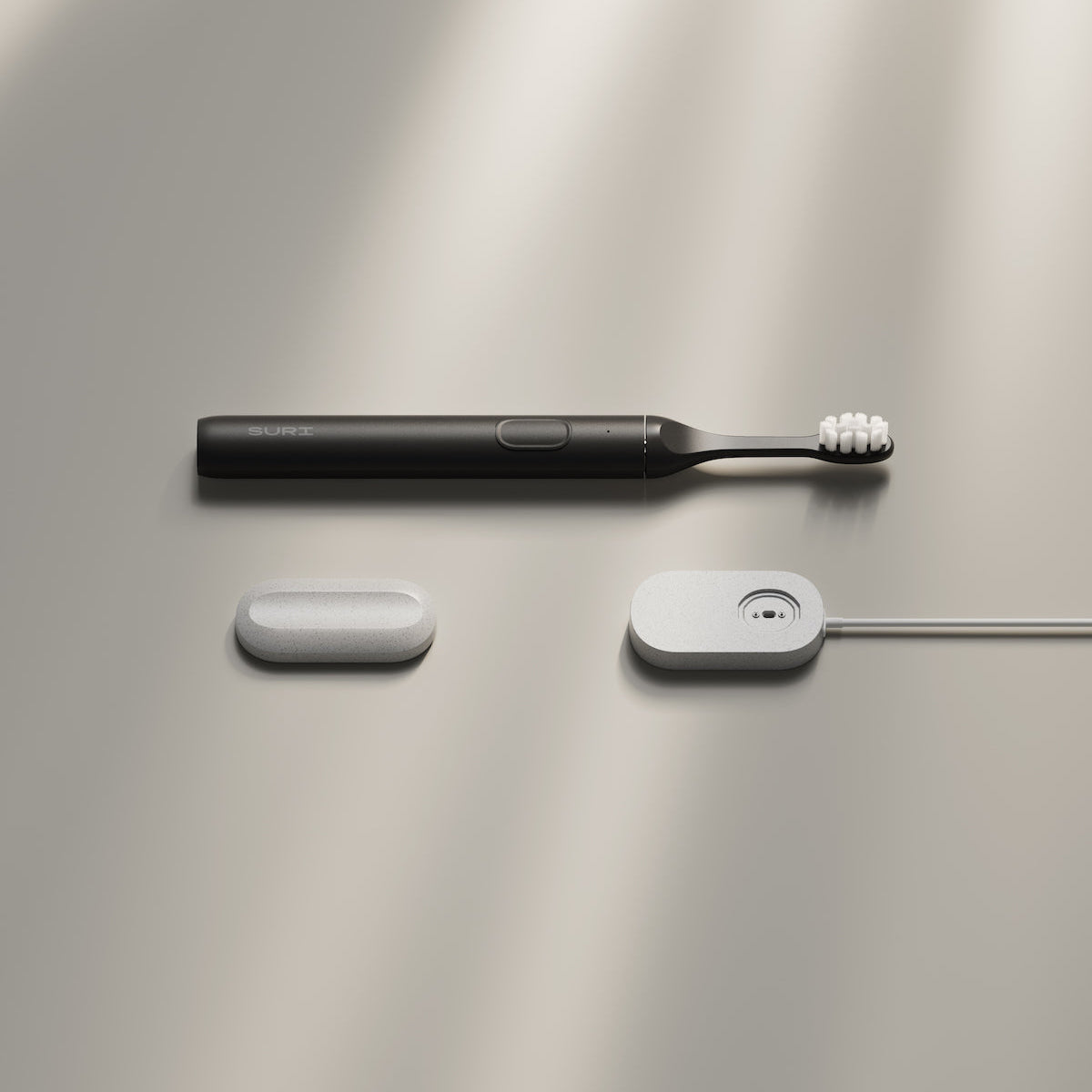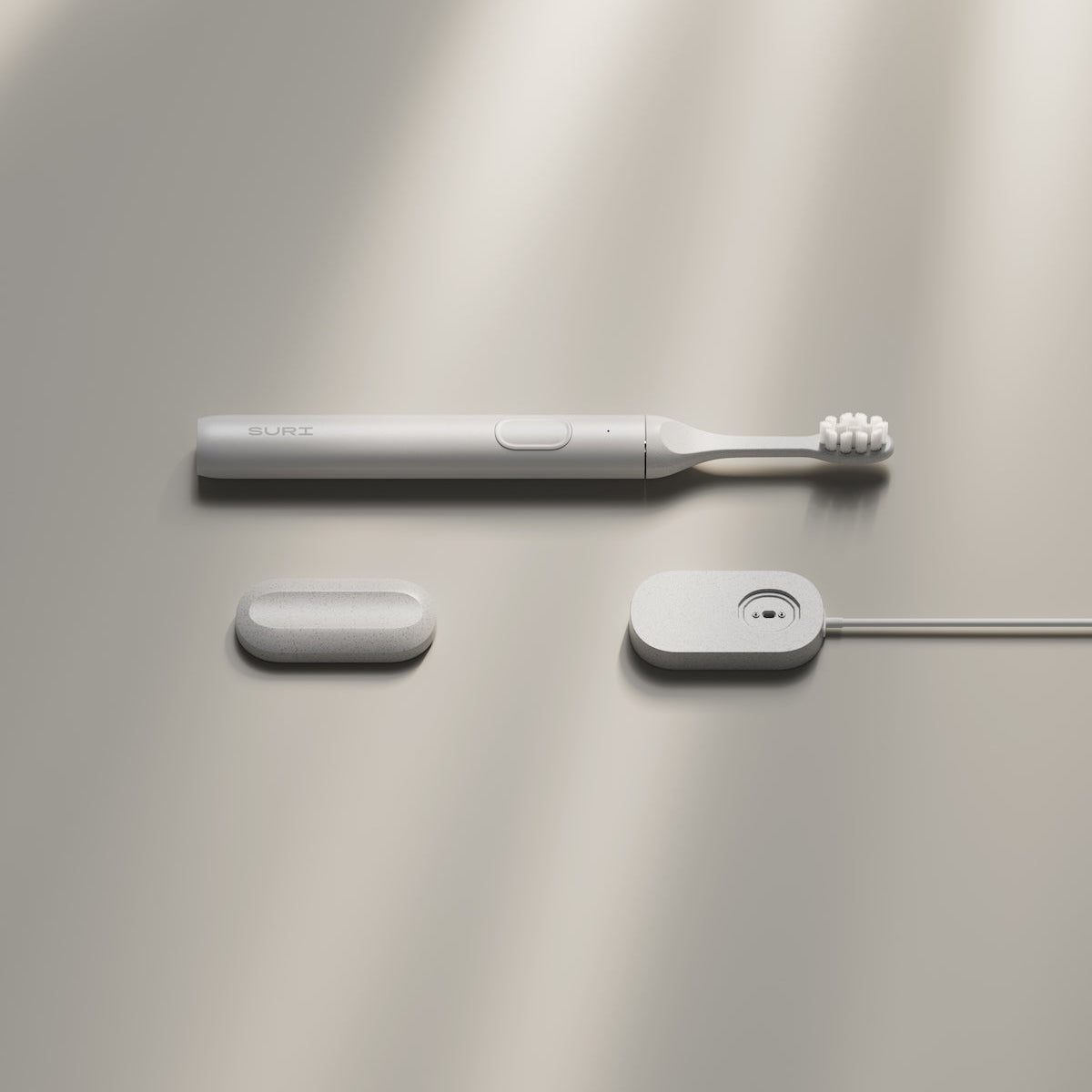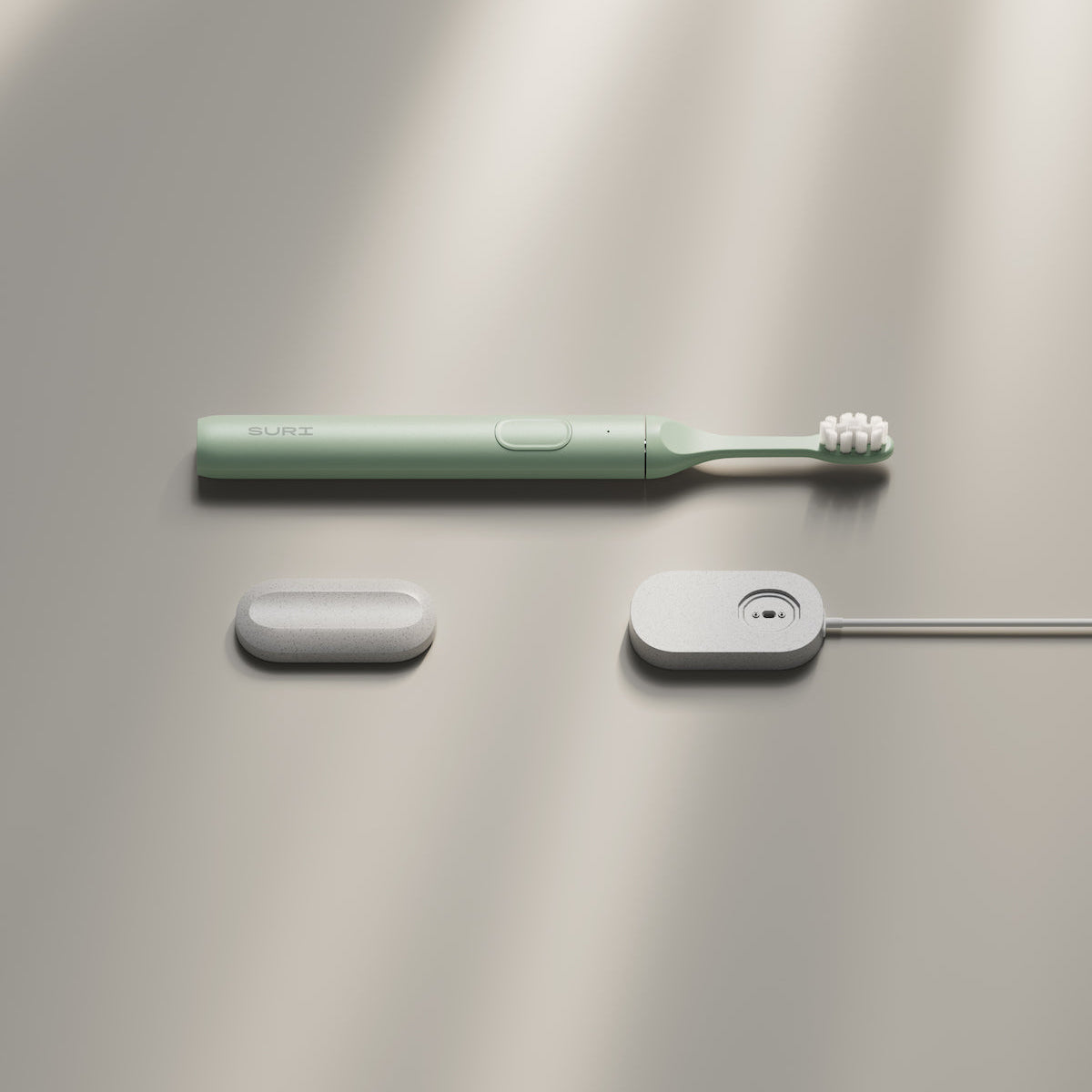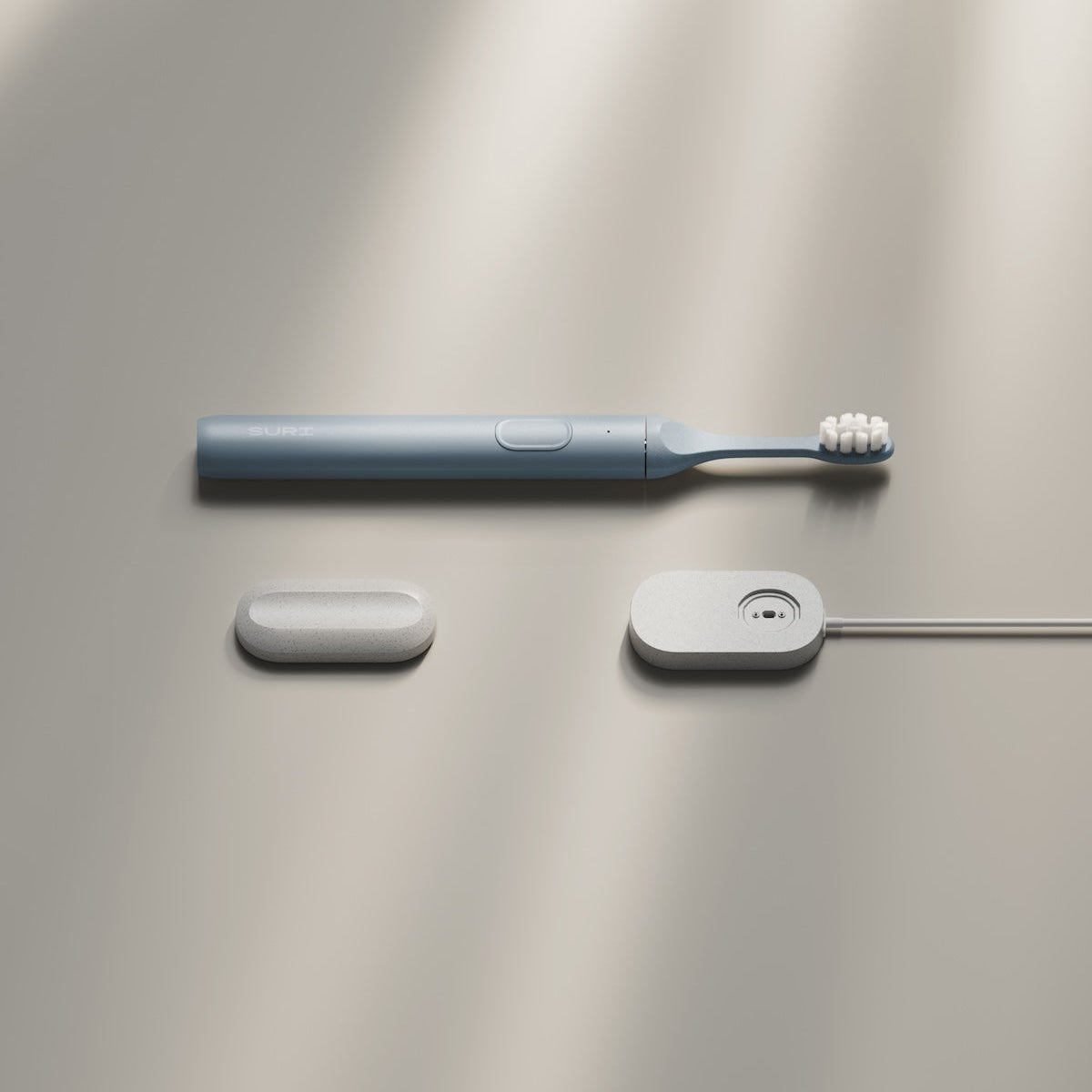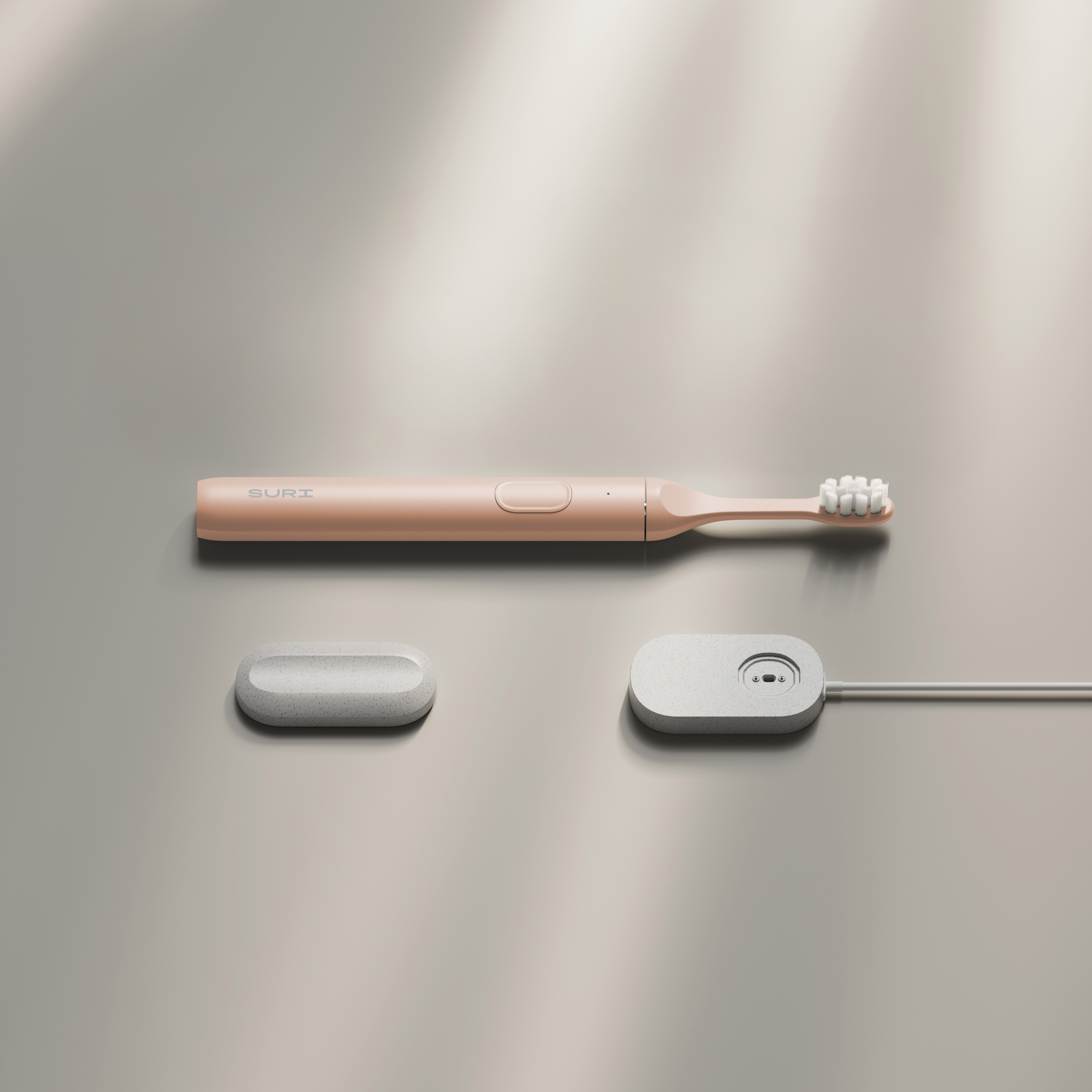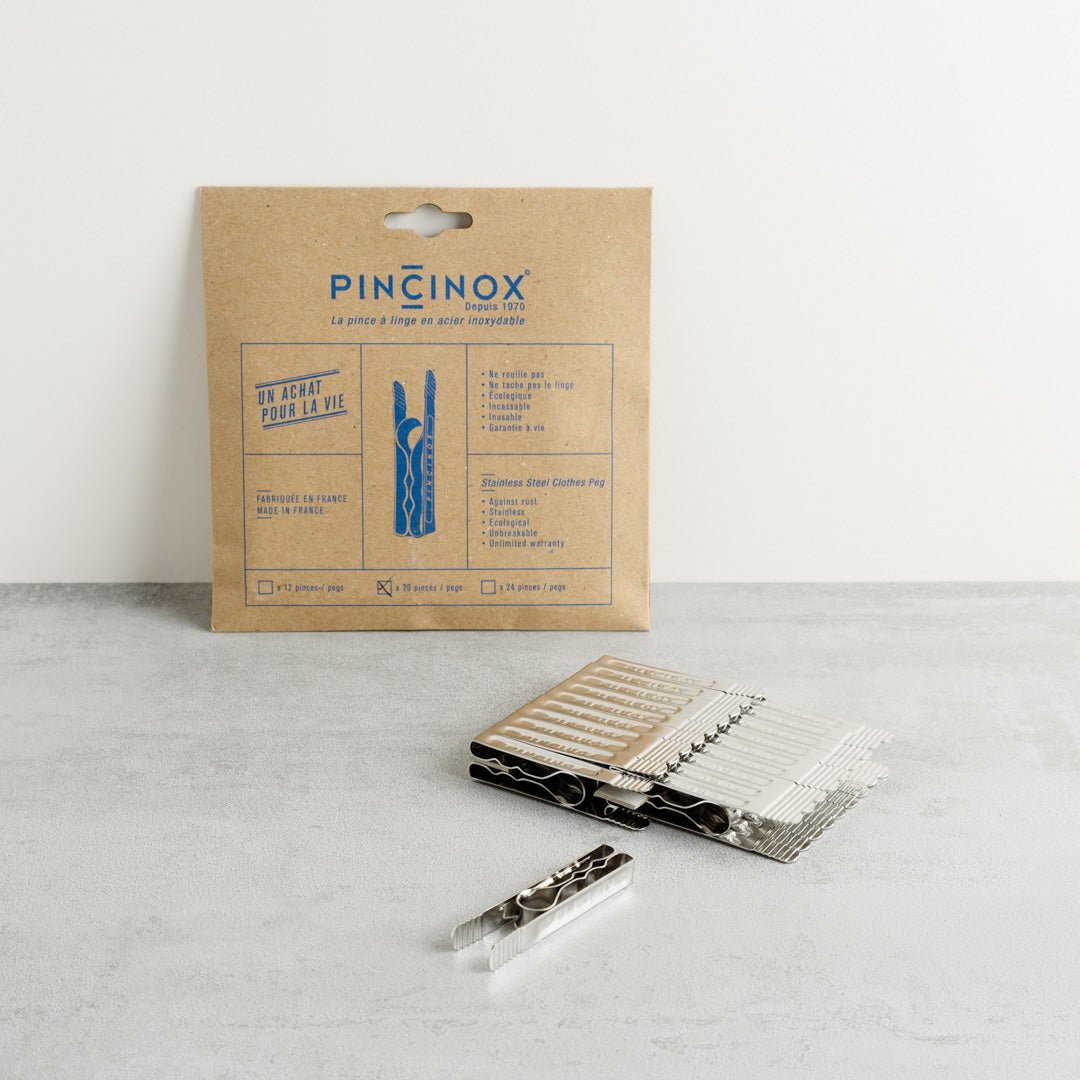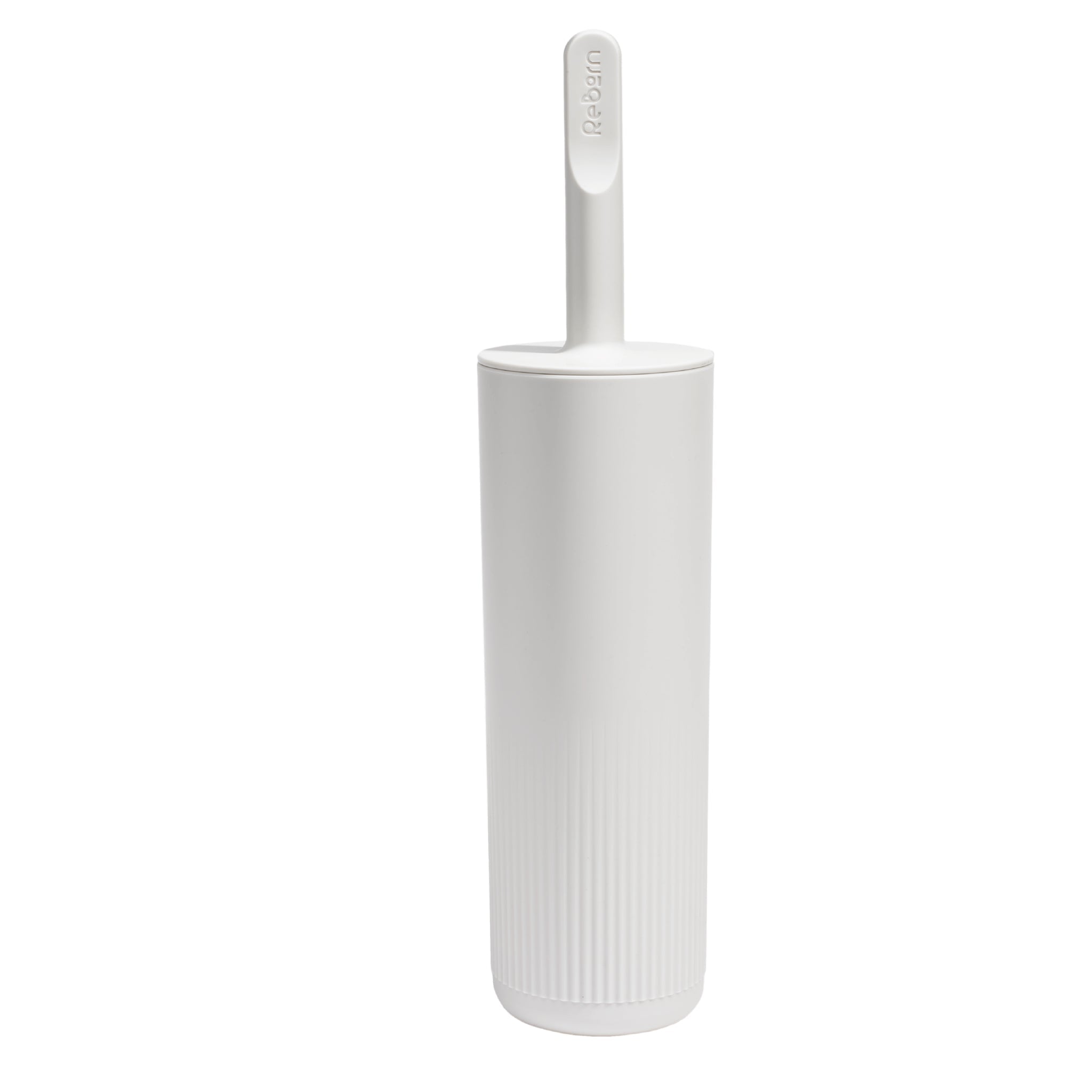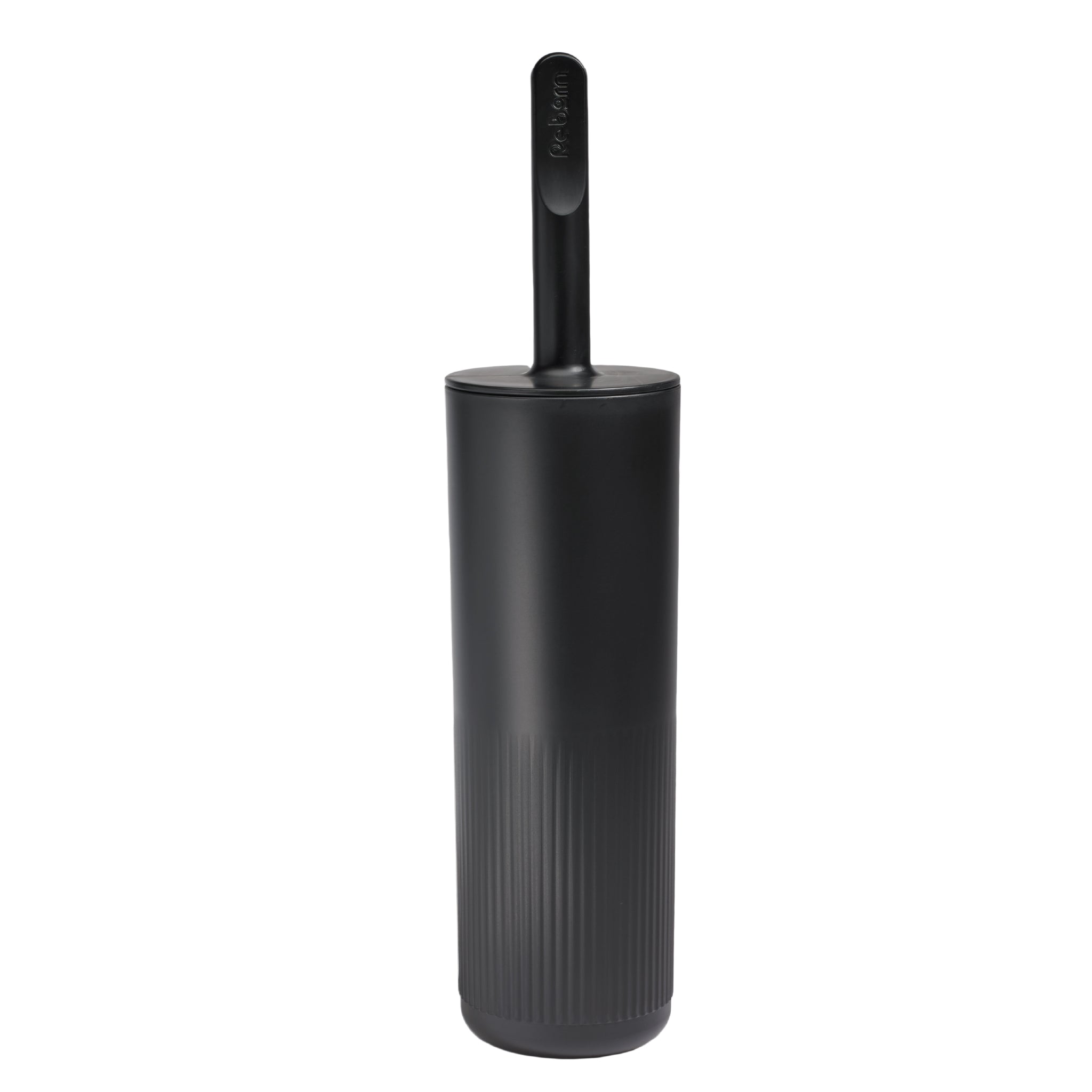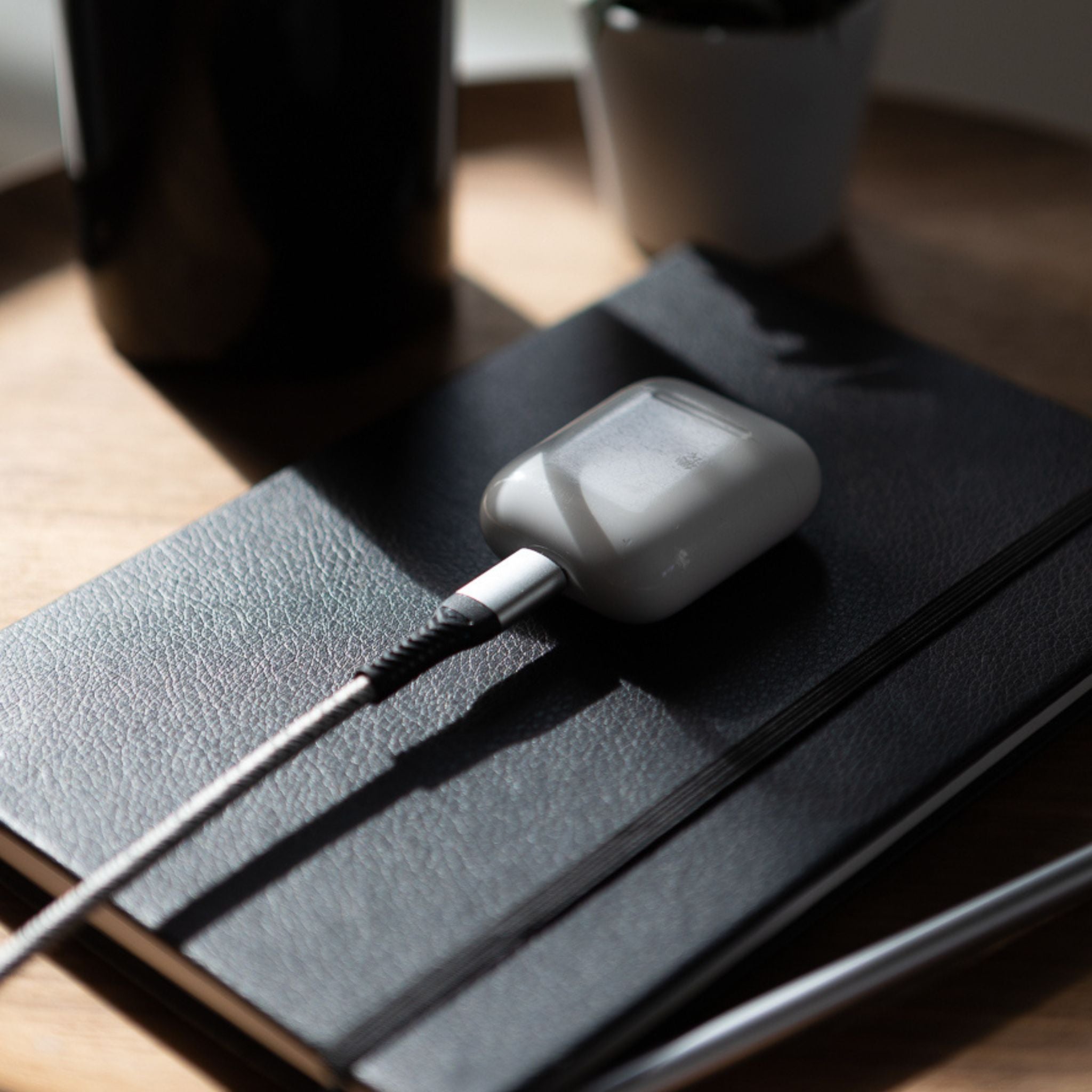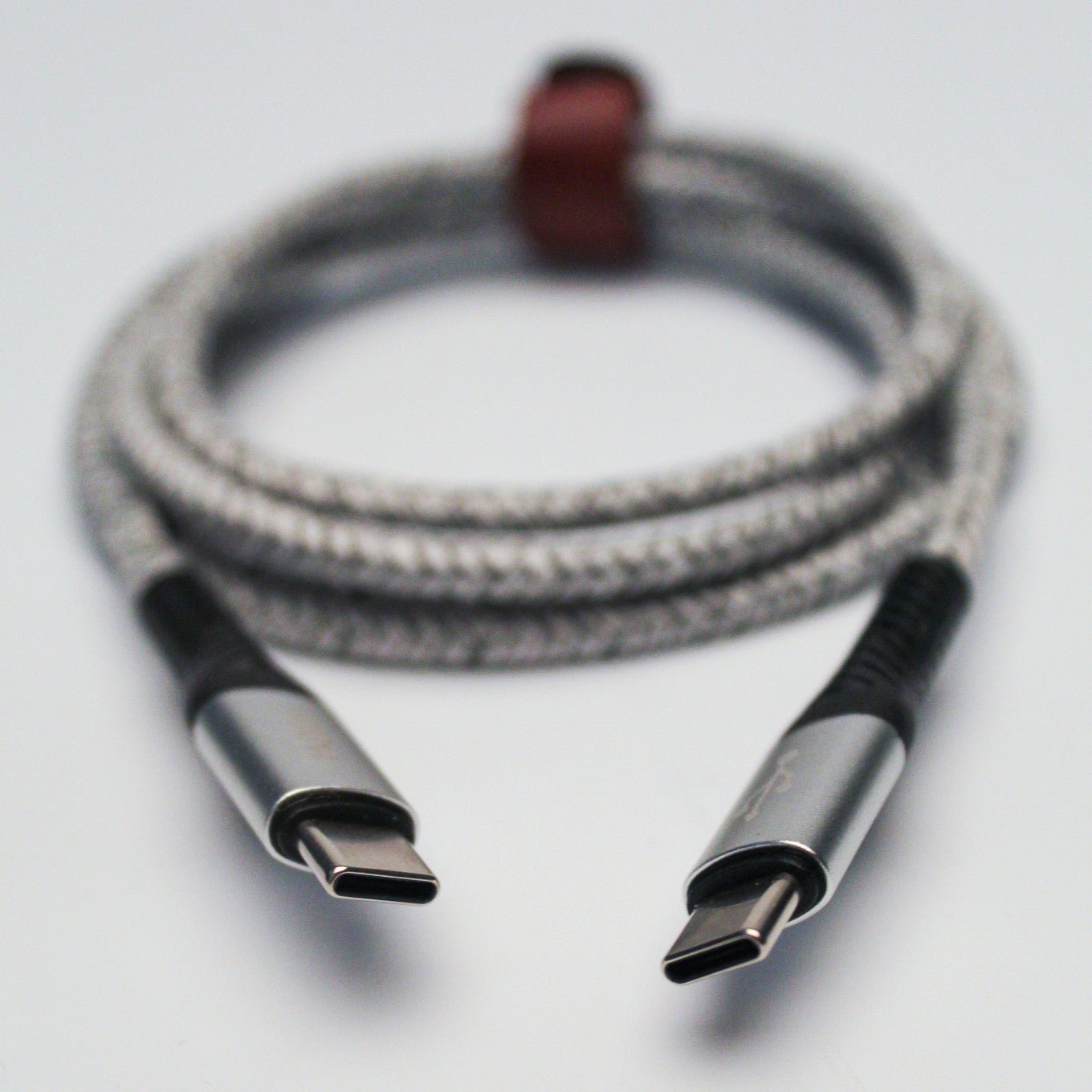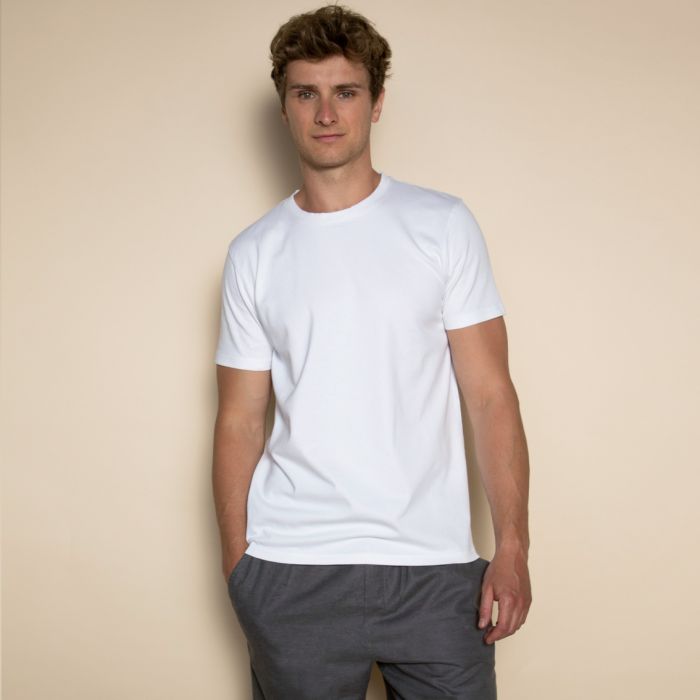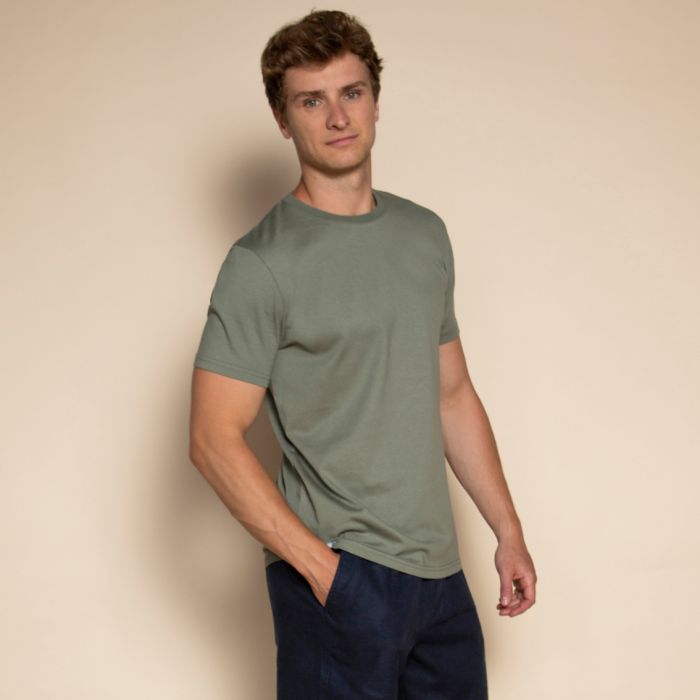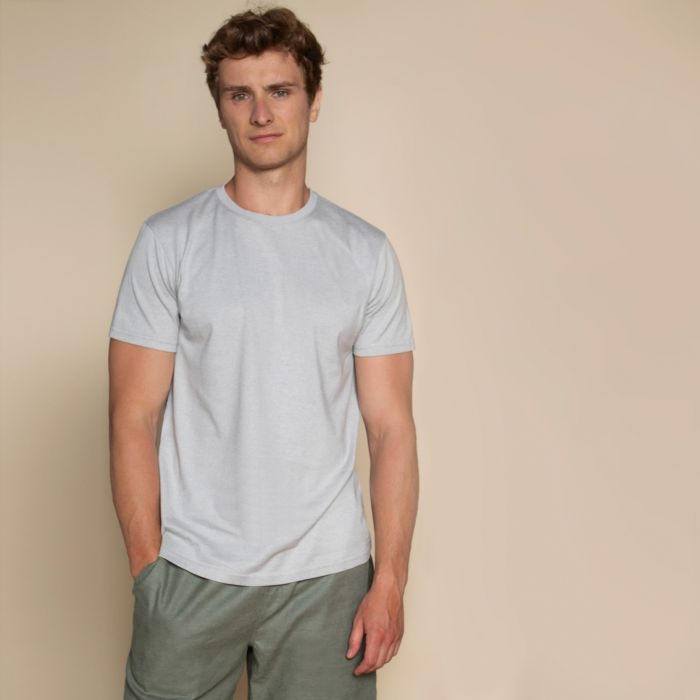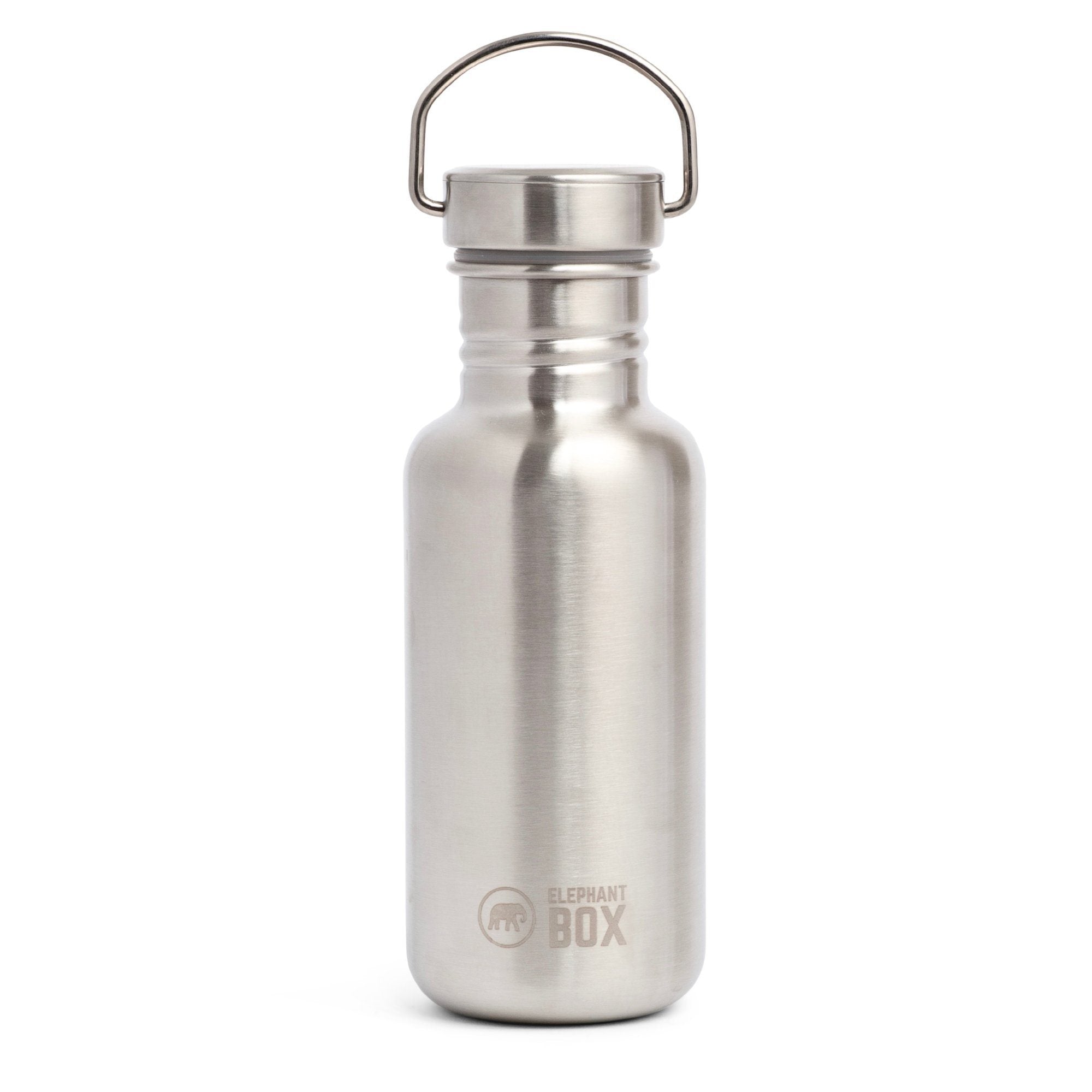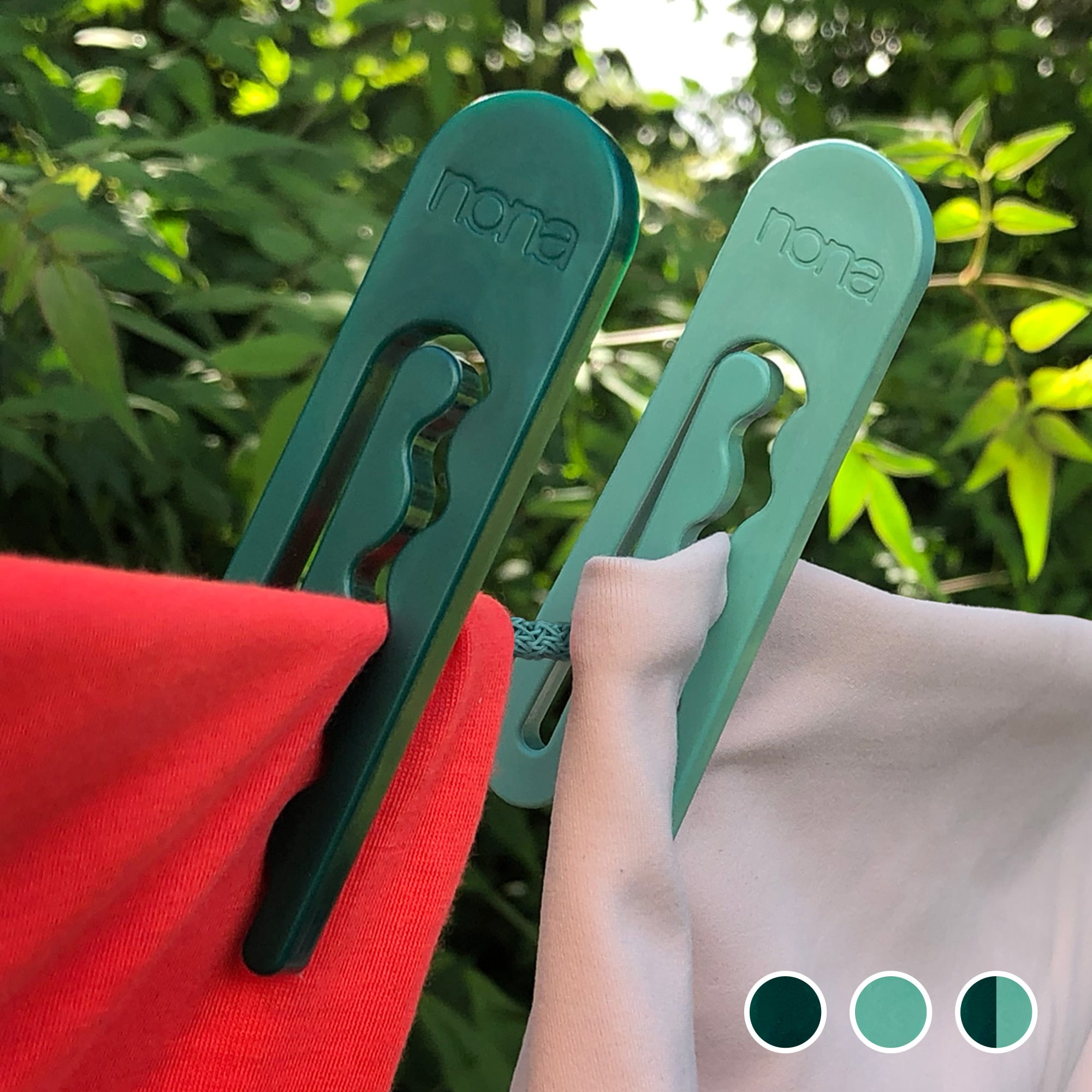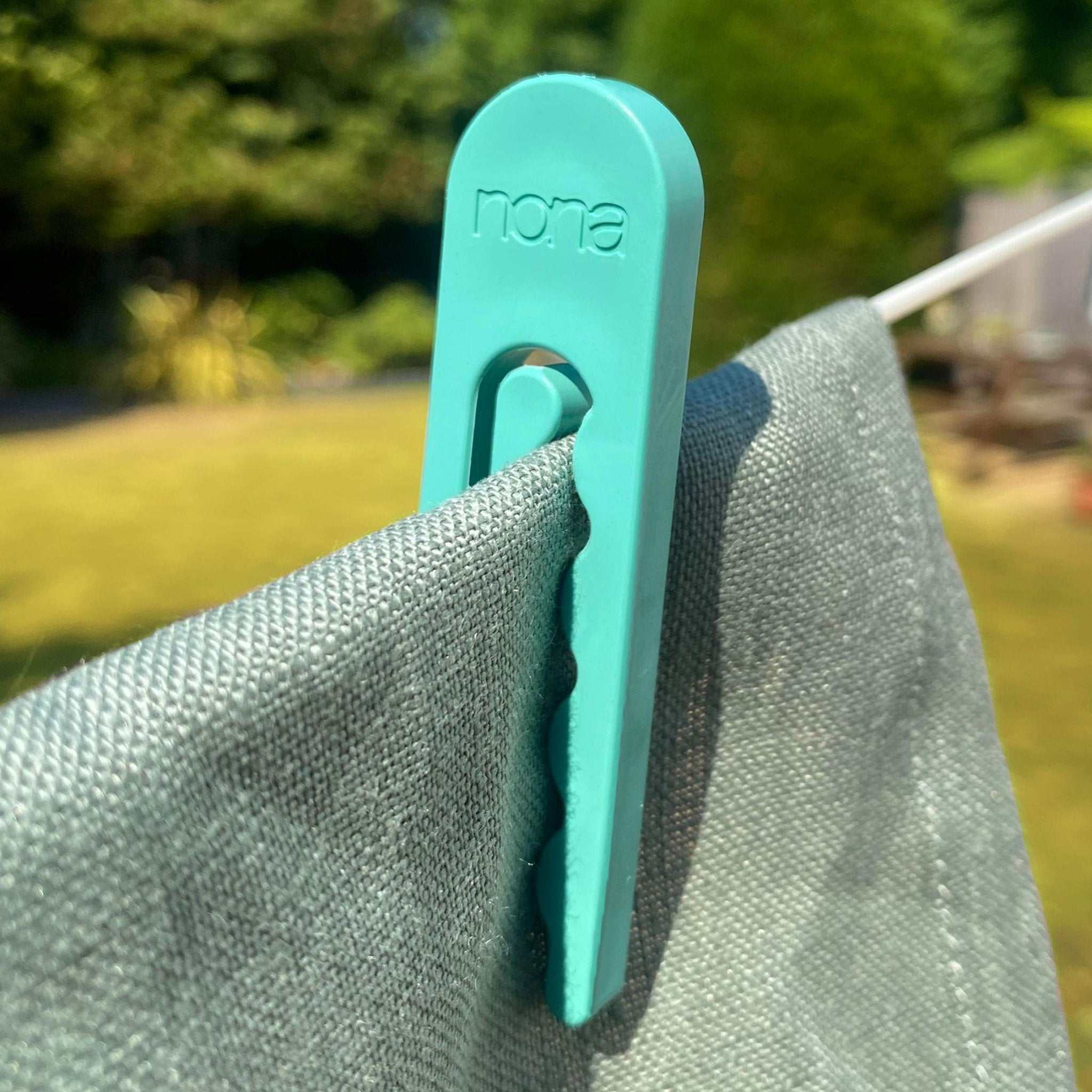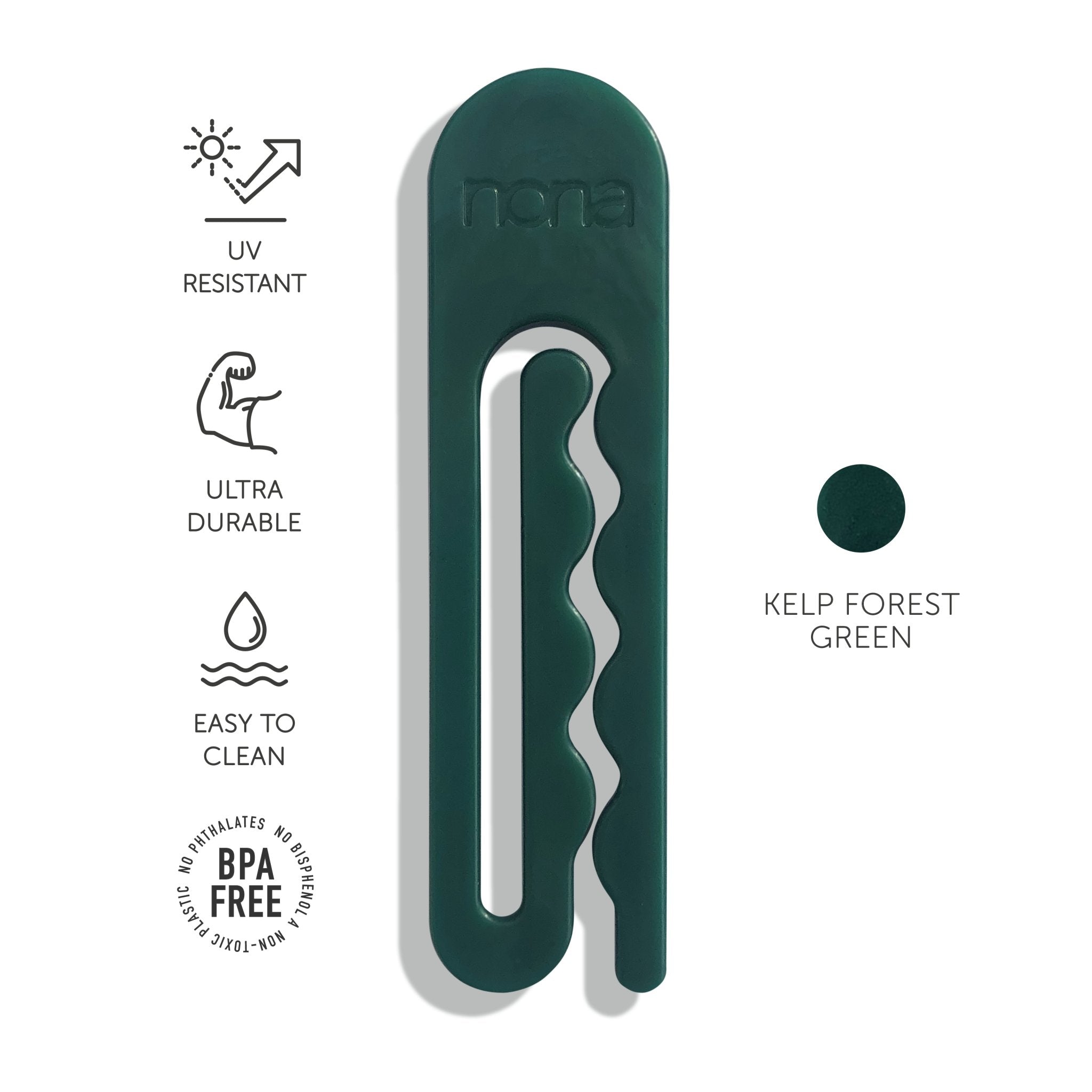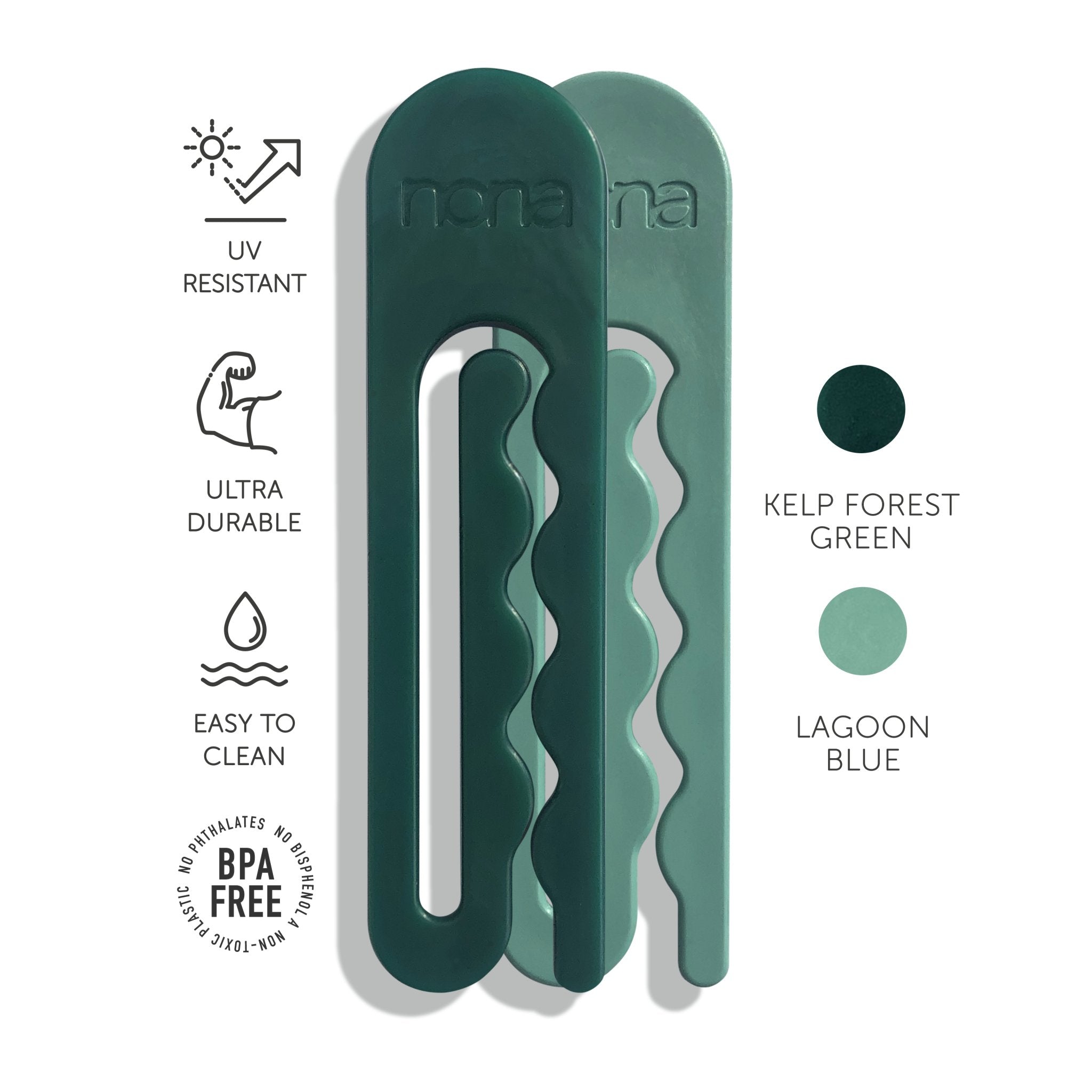In today’s market, sustainability sells. In just the past few years, we’ve seen an eco-conscious mindset move from niche to norm - and companies are shapeshifting their branding in order to offer consumers a so-called guilt-free purchase. But how do we know when a product is actually doing good? And do ‘green’ shopping choices really tackle the root problem of overconsumption?
Today, shoppers are considering the environment more than ever. Around half of global consumers are now consciously thinking about sustainability when making purchasing decisions, which is huge. More than half also report being more eco-friendly than they were just six months before.
In response to this trend, the retail landscape has flooded with ‘green’ products, making all sorts of claims about their sustainable credentials. There’s an overwhelming range of ways to give products eco appeal too. They can be recycled, organic, plastic-free, carbon-neutral, biodegradable, reusable - with no way for consumers to actually quantify the environmental impact of each.
Usually, a lack of transparency makes it impossible to know whether our choices make a difference. And companies know that the average consumer will take claims at face value. If something is sold to us as ‘eco-friendly’, that’s enough for most of us to believe that our choice is doing good for the planet. And why shouldn’t it?

Whilst companies might claim they care about the environment, we should bear in mind that profits will always be their top priority. And they know how to make us feel good about ourselves, without making any real changes to their unsustainable practices.
The greenwashing trap
It’s true that there are companies out there genuinely taking steps to operate sustainably. But there are many more doing the bare minimum, whilst still appealing to conscious consumers with clever misleading messaging.
This is referred to as ‘greenwashing’, and it can be hard to spot, even for the well-informed. For instance, did you know that terms such as ‘eco-friendly’ and ‘ethical’ actually have no legal significance? When the websites of Europe’s fashion giants were examined in 2021, it was found that 60% of their claims about sustainability could be classified as ‘unsubstantiated’ or ‘misleading’.
Another tactic you’ll often see is companies drawing attention to one ‘green’ aspect of their product, such as being made from recycled plastic, without outlining the bigger picture. That recycled plastic product may well have been made by someone not being paid a fair wage, and shipped twice across the globe to get to you. It could even have a bigger carbon footprint than virgin plastic, even if it makes use of waste materials.

To many (if not most) corporations, sustainability is just a market trend that can be used to appeal to our morals whilst selling us more stuff. Through manipulative marketing tactics, they can do this whilst maintaining harmful business models, built around the exploitation of people and the environment.
And conveniently for them, consumers have been made to feel responsible for solving climate change through making the ‘right’ purchases. But how can consumerism be the solution to the crisis it caused in the first place?
Buy less, buy better
The more we get into it, the more shopping seems like a moral maze. Conscious consumers are left to weigh up the impact of all sorts of variables - including cost - before settling on the compromise that seems the least harmful. We’re led to believe we can enact change by ‘voting with our wallets’.
The fact is, every product we buy leaves its mark on the world, no matter how it was made. In a world telling us we can shop our way to salvation, there’s one thing we can do to cut through the noise. That is to simply buy less.
Imagine if instead of purchasing a product - a T-shirt, a toaster, an umbrella - every few years, you could just buy one that genuinely lasted the rest of your life?
Take a razor, for instance. Instead of buying your usual disposable razors, you could opt for the ‘eco’ ones that have handles made of recycled plastic. But whilst this may seem like a more responsible choice, they’re still throwaway items that will get binned over and over.
A one-time purchase of a built-to-last safety razor, however, allows you to break the cycle of disposable razors completely. It may take more energy to produce and cost more money, but over the course of many years, the safety razor becomes by far the most economical and energy-efficient choice. Many high-quality safety razors can even be passed down generations.
This principle applies to practically all the products we have in our lives. But the concept of ‘buying once’ isn’t something you’ll see many retailers talk about - it’s obviously in their best interests to keep us in a cycle of buying. Companies do this by offering us cheap, throwaway products, making us dissatisfied with the things we own and presenting us with more things we didn’t know we needed.
Breaking the cycle
The principle of buying once allows us to opt out of this cycle, and has far-reaching implications for the way we as consumers can make a difference. When we buy things once, fewer resources go into producing that single product - as well as transporting, packaging and disposing of it too. This hugely cuts down on carbon, waste and pollution.

Choosing a long-lasting item also means prioritising quality. Your purchases support the makers keeping craftsmanship alive, instead of companies pushing the bottom line. And although these products cost more, it’s a one-time investment that represents outstanding value over the course of many years.
And finally, we can’t overstate how much a buy-once mentality gives you a more fulfilling relationship you have with the things you own. If you plan to keep something forever, you look after it, and repair it if it breaks. Finding value in the things you have already frees you from constant dissatisfaction, and stops you from being seduced by shiny new stuff all the time.
Conscious decisions
Are we saying that you shouldn’t look for ‘eco friendly’ products? Quite the opposite. We believe in finding quality products that last a long time and have a low environmental impact too. But we need to stay wise to greenwashing, and ask ourselves - how long will I keep this item? Will it stand the test of time? And do I need it?
Ultimately, we believe that if consumers set out to buy things as infrequently as possible, they’d put a lot more thought into their purchasing decisions. That means asking more questions about where and how products are made, whether they’re made responsibly and what makes them better. Hopefully, that will result in more people shopping for sustainable and locally-made products.
Selling things that people only buy once might not seem like a good business model - but this is how we want everyone to shop. We want every purchase our customers make to represent the end of a cycle.
We’re constantly told that we can buy our way to being better people: more fashionable, more environmentally friendly, more morally upstanding. In a society that stands to profit from our dissatisfaction, putting a buy-once mindset into practice is an act of rebellion. We want to empower everyone to make that change.
If you haven’t already, join us on our journey and sign up to our mailing list.
Read next:


